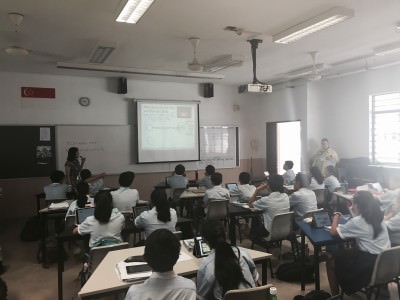Like so many in the nation, I’ve been closely following the #ConcernedStudent1950 protests at the University of Missouri. As an educator, I think every situation good or bad comes along to teach a lesson. As a social studies teacher, I always tried to push critical discourse and thinking about current events. Academic content should be used to connect to broader themes. There are a few powerful ones I personally see embodied by this moment:
1) Cash still rules, and money still talks.
Ultimately, it was the economic pressure that caused the head of the university to bow-out instead of dig in his heels. The moment you have an entire athletic program stand behind their players and refuse to play you’ve created a situation where a lot of money will be lost. It’s simple economics really. The players had all the leverage at that point. There was no change of heart, there was a change of mind. Keep in mind Woolworth’s lunch counters didn’t integrate because they suddenly “got it.” The protests were affecting their bottom line and they started losing. Same thing in Montgomery with the bus boycotts, etc. Branch Rickey didn’t integrate baseball because he was an activist, as much as a business man. He saw there was money to be made. In the end, the “buck” may be more powerful than the “ballot” in everyday life.
2) When people are conscious of their power they can use it effectively.
Even marginalized communities have some power. It’s about operating from your position of strength and exploiting that for the necessary purpose. When enough disincentive is created, things move. But it has to be more than simply the threat of property being destroyed or riots. Calculated direct action still works when folks are ready lose it all. The opposite of self-interest is sacrifice.
3) Multi-ethnic coalitions still work.
The energy may begin in certain communities, but at some point the assistance and solidarity of people from without becomes necessary to create legitimate momentum. From abolition to civil rights this appears to be the case. We have to model the country we want to see, so everyone has to feel they have a stake and not just black or brown folks.
4) Don’t celebrate too early.
Change is a long process, and systems go along kicking and screaming at every turn. The first response to the protests was “progressive sounding” rhetoric, then commitment to form “committees” of some sort, then finally an official resignation that lacked authenticity. But this is only one of the demands. There are a whole host of changes that need to be seen through.
5) Lastly, there will be a backlash.
Some sort of societal smear campaign that seeks to delegitimize everything that happened here. It will play itself out in a demonization effort of some sort. Hopefully not violence, but if history serves as a guide it’s not implausible. There will be some form of retribution. Rigid new conditions for scholarships to discourage activism? Counter-protests against professors or academics who say something deemed controversial?
One thing is for certain, race continues to be a determining factor in the educational experience of students. From pre-K to higher ed, so much is demarcated by race that we can hardly trivialize it. Situations like these, though grim, give us the opportunity to respond in substantive ways that right the course and ensure students truly feel their voice and experiences matter. We have a long way to go, but this is a promising start.



